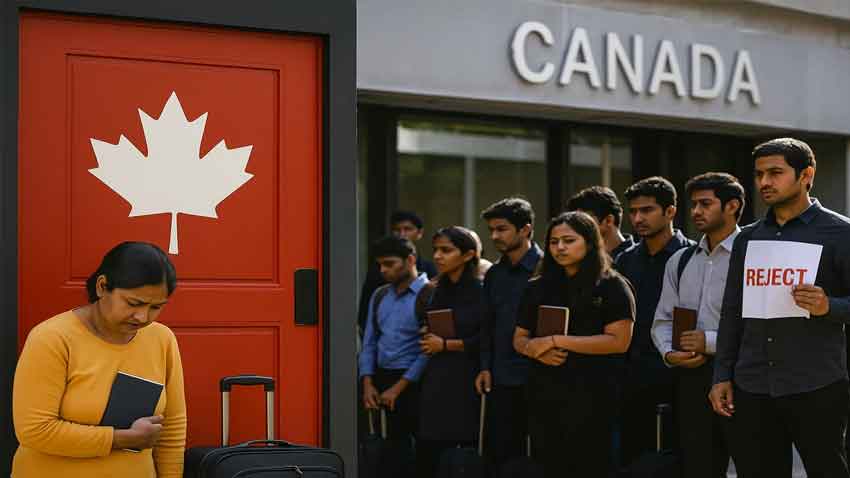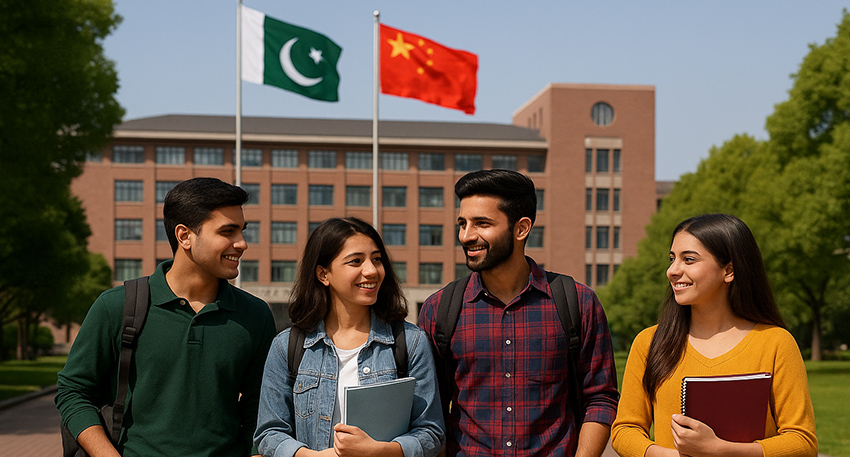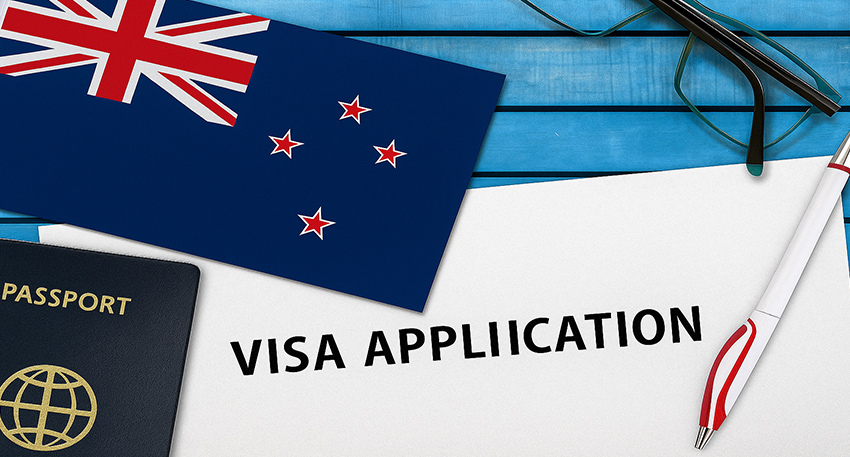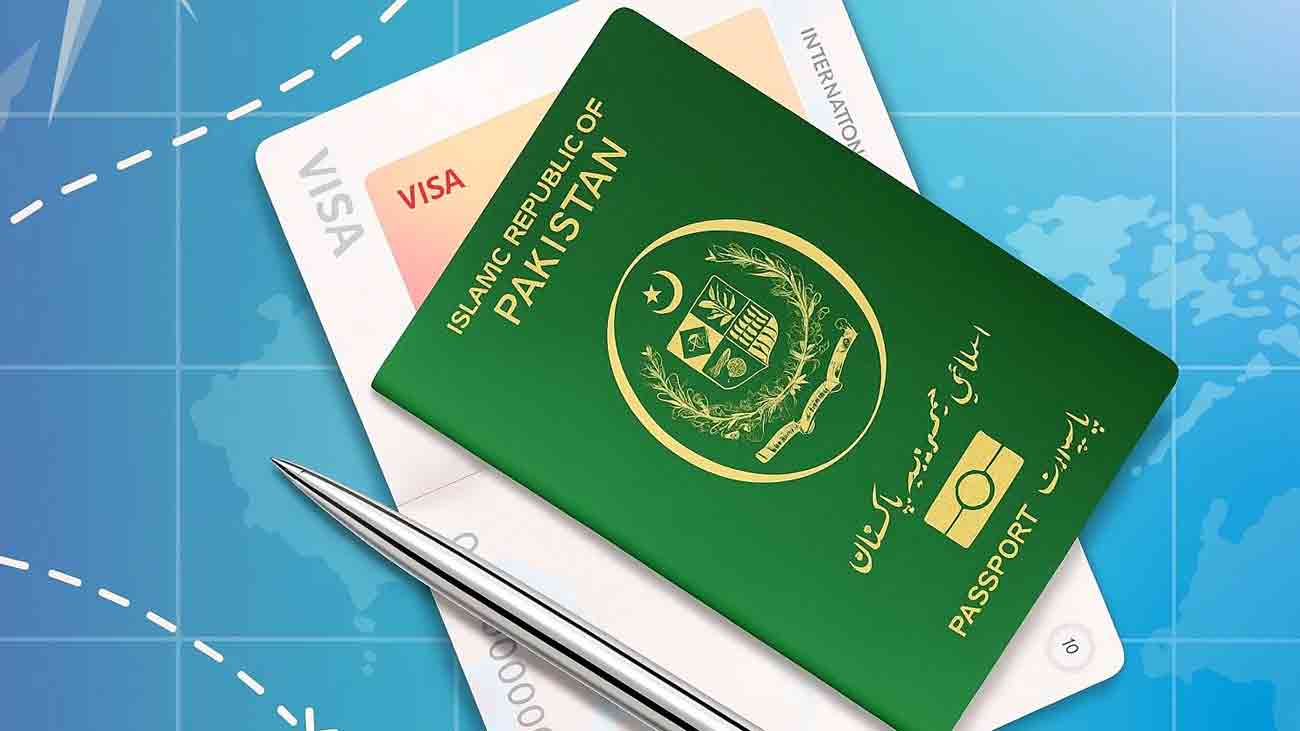
Official data reveals that in August 2025, nearly 74% of student visa applications from India were rejected by Canadian authorities. This marks a dramatic rise compared to 32% during the same period in 2023, showing how rapidly the situation has worsened for Indian students.
The Canadian government has been gradually reducing the number of international student permits for the second consecutive year. This move is part of a broader effort to curb temporary migration and fight increasing fraud linked to student visas.
Once a top choice for Indian students seeking quality education and global exposure, Canada now appears less welcoming. Many Indian families are reportedly rethinking their plans due to tougher immigration measures and limited approval chances.
Analysts say the policy aims to manage population pressure and rising housing demands but note that it could also harm Canada’s reputation as a global education hub. Universities are expected to feel the impact as applications decline sharply.
Canada’s decision to tighten student visa approvals has created serious challenges for Indian students and educational institutions alike. While the government seeks to balance migration and fraud control, the shift could push Indian students toward other countries like the UK or Australia. The long-term impact may reshape global student flows, making Canada less of a preferred study destination.
By contrast, about 40% of study permit applications overall in each of those months were refused. About 24% of Chinese study permits in August 2025 were rejected.
Read more: China’s new K visa invites foreign tech talent - Is it a game changer in US rivalry?
The number of Indian applicants has dropped, as well, from 20,900 in August 2023 - when Indians formed just over one quarter of all applicants - to 4,515 in August 2025.
India has been Canada's top source of international students over the past decade. In August, it also had the highest study-permit refusal rate of any country with more than 1,000 approved applicants.
The spike in refusals of would-be students comes as Canada and India seek to mend ties after more than a year of tension. Former Prime Minister Justin Trudeau accused the Indian government of involvement in the 2023 murder of a Canadian in Surrey, British Columbia. India has repeatedly denied the allegations.
AN EFFORT TO CRACK DOWN ON FRAUD
In 2023, Canadian authorities uncovered nearly 1,550 study permit applications linked to fraudulent letters of acceptance, most of which originated from India, Canada's immigration department told Reuters in an email.
Last year its beefed-up verification system detected more than 14,000 potentially fraudulent letters of acceptance from all applicants, it said.
Canada has implemented enhanced verification for international students and has increased its financial requirements for applicants, the immigration department spokesperson said.
The Indian embassy in Ottawa said the rejection of study permit applications from students in India had come to its attention, but that the issuance of study permits is Canada's prerogative.
"However, we would like to emphasize that some of the best quality students available in the world are from India, and Canadian institutions have in the past greatly benefited from the talent and academic excellence of these students," the embassy said in a statement.
Canada’s Foreign Affairs Minister Anita Anand told Reuters during an October visit to India that Canada's government is concerned about the integrity of its immigration system but wants to continue having Indian students in Canada.
A DROP IN INDIAN ENROLMENT
People who work with would-be international students say they are seeing a higher level of applicant scrutiny.
Michael Pietrocarlo of Border Pass, which helps people apply for Canadian visas, said his firm prepares applicants to show their eligibility beyond what's required on paper.
He says, for example, when students must demonstrate they have sufficient funds to support themselves, "it's not enough just to say, 'Here are some bank statements.' They may have to go the extra mile and say, 'Here's where the money came from.'"
The University of Waterloo, home to Canada’s largest engineering school, has seen a two-thirds decline in the number of students from India entering its undergraduate and graduate programs over the past three to four years.
Ian VanderBurgh, its associate vice president of strategic enrolment management, said the drop was largely due to a government cap on foreign student visas and had altered the composition of the student body.
“We pride ourselves on being an international university,” he said.
The University of Regina and the University of Saskatchewan have also reported a decline in the number of Indian students enrolled.
When Jaspreet Singh, who founded the International Sikh Students Association, came to Canada from India in 2015 to study mechanical engineering, he remembers government posters exhorting newcomers to "Study, work, stay" in the country. That attitude has soured, he said.
Singh is not surprised at the higher rejection rate for Indian study permit applicants, saying he knows fraud is a concern.
But as it becomes harder to get permanent residency or a job in Canada, he says some of those recently rejected appear to not mind: "They are happy they didn't come."




